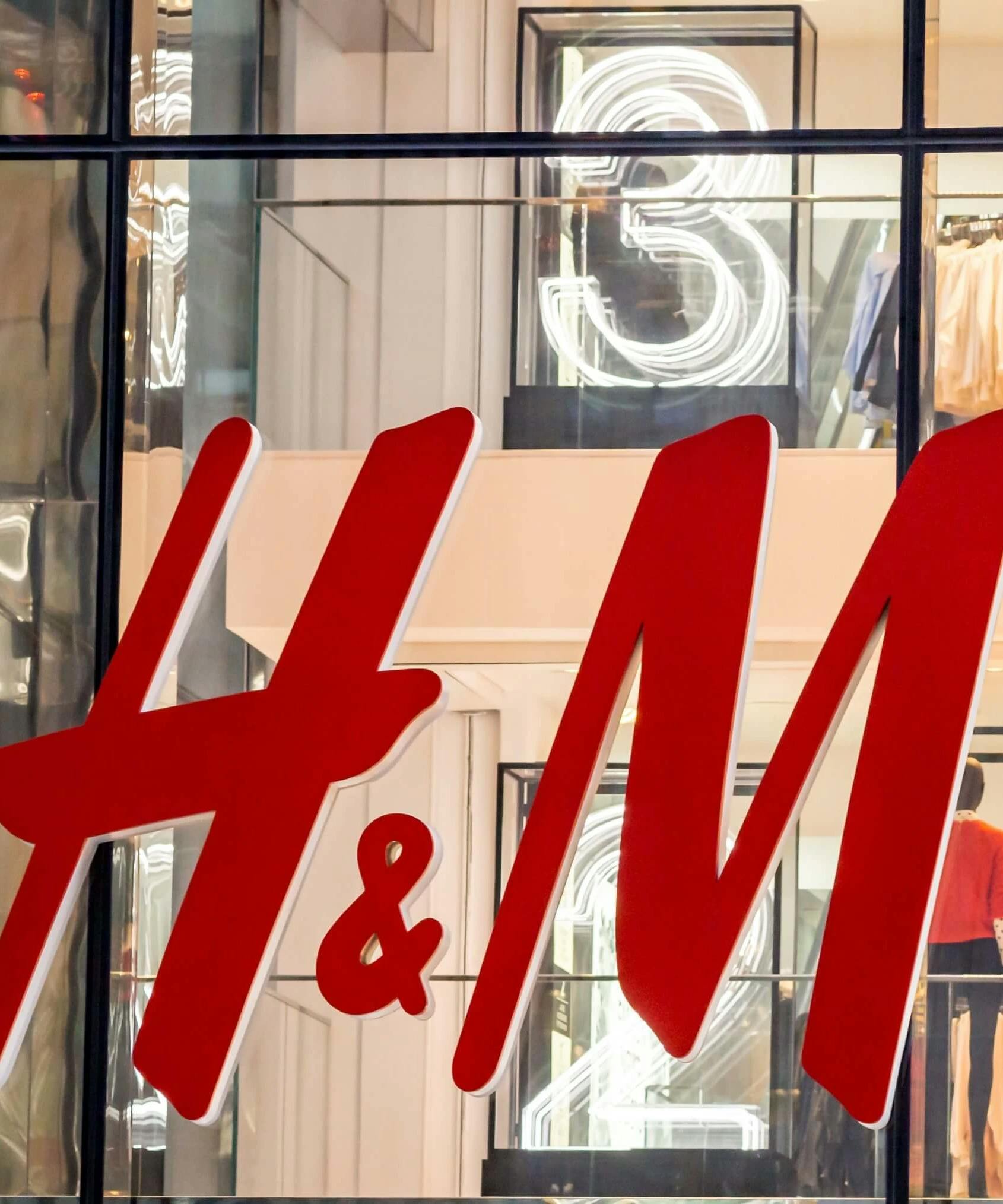H&M Cuts Ties With Chinese Suppliers Over Forced Labor Concerns
Swedish fast fashion brand H&M is doing what Nike won’t — cut ties with questionable Chinese suppliers.

On September 15, H&M announced that it was ending its relationship with Chinese yarn producer Huafu Fashion, located in Xinjiang, because of the accusations of “forced labor” and human rights abuses of the Uighur Muslims within that region. They also announced that they won’t buy cotton grown in Xinjiang (about 22% of the world’s cotton is grown there). H&M asserted they don’t work with any garment factories in the Xinjiang region.
H&M’s decision follows an Australian Strategic Policy Institute (ASPI) report that listed H&M as one of the companies benefitting from forced labor through their relationship with Huafu Fashion, specifically at the Anhui factory location.
In response, H&M stated it never had a business relationship with that specific factory, neither was it involved with Huafu’s operations in Xinjiang. H&M did admit it had an "indirect business relationship with one mill" in Shangyu in Zhejiang province, owned by Huafu Fashion.
"While there are no indications for forced labor in the Shangyu mill, we have decided to, until we get more clarity around allegations of forced labor, phase out our indirect business relationship with Huafu Fashion Co., regardless of unit and province, within the next 12 months," H&M stated.
H&M also said it had conducted "an inquiry at all the garment manufacturing factories we work with in China aiming to ensure that they are not employing workers...through what is reported on as labor transfer programs or employment schemes where forced labor is an increased risk."
Hopefully, more global companies will join H&M in standing up for human rights.